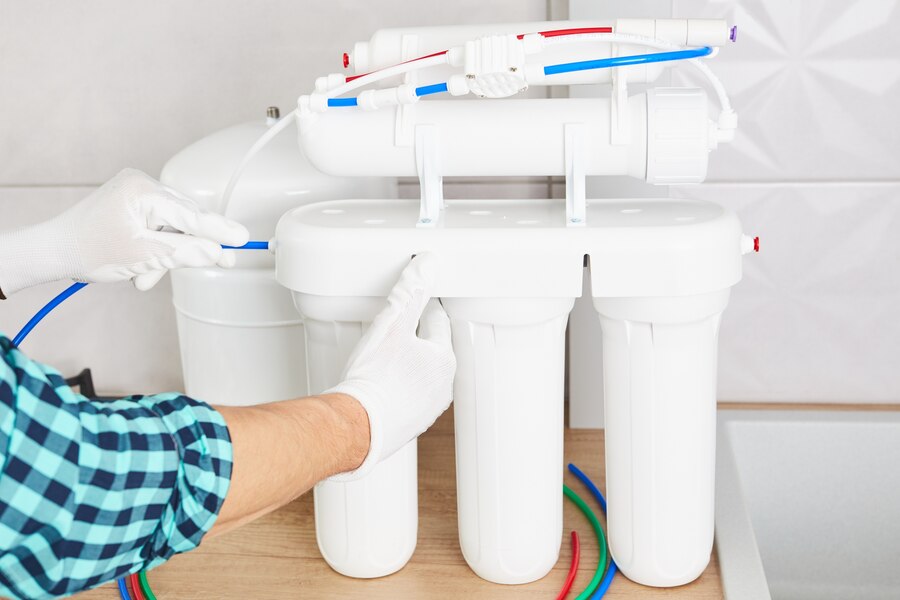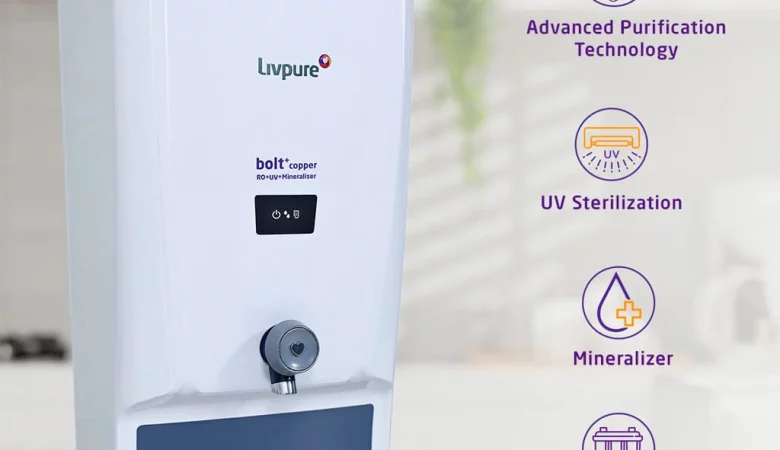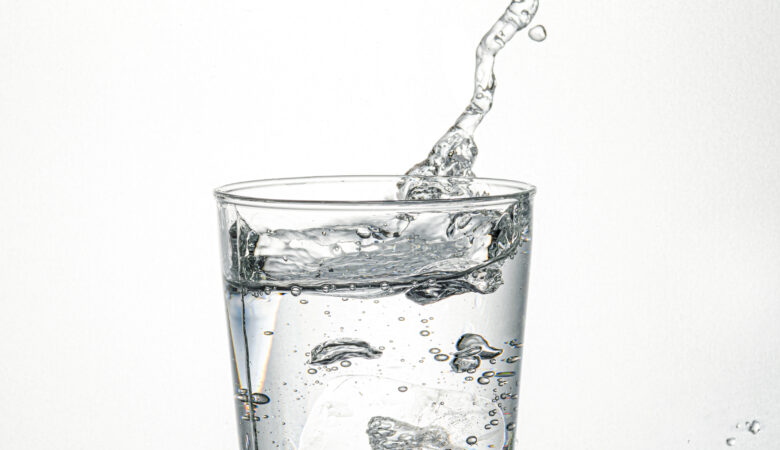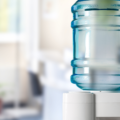Whether you are planning to replace an old purifier or thinking of buying a new water filter for your home, you are about to take a vital step toward your health. Home water filters remove bacteria, parasites, and other disease-causing microorganisms from household tap water so it can be consumed directly. The process is known as purification or drinking purified water (sometimes called mineral water).
There are numerous types of water filters for homes. Understanding their differences will help you make the right purchase for your home and your needs. Read on to consider things before buying a water purifier.
The different types of water filters
Every water filter works differently. Broadly, there are two types of filtration – physical and chemical.
Physical filtration forms a physical barrier to block and trap sediments and bacteria from passing through. At the same time, chemical filtration involves water passage through an activated material. And remove impurities chemically.
A few types of water filters include-
- Activated carbon filter: Charcoal granules attract chemical impurities (like chlorine) and trap them through adsorption.
- RO water purifier: It eliminates dissolved inorganic substances like magnesium and calcium from water through a semipermeable membrane. All this is done with force and pressure so that water passes by, leaving behind most contaminants.
- UV water purifier: Ultraviolet rays are used in this system to kill harmful bacteria and disinfect water from pathogens. This is done without affecting the taste of water.
- Ion exchange: This process is used to soften the hard water. The exchange of ions in hard water, like magnesium and calcium, occurs with ions like sodium and hydrogen.
- Distillation: It includes boiling water and condensing its vapour back to liquid form. However, distilled water is non-mineralised-mineralised water that does not provide your body with many health benefits.
Check the water quality
Before buying a water purifier for home, you must test the water quality of your area, as every purifier works with different technology and can remove different kinds of impurities and contamination.
You can take professional help or assess the quality at home with a few steps. You can gauge quality through senses like smell, taste and colour of the water.
A beachy smell indicates the addition of chlorine by local water treatment plants. While an earthy smell shows the decay of organic matter in water, a rotten-egg smell is a sign of high sulphur content or bacterial growth.
Moreover, pale yellow or brown water is in immediate need of a purifier. If the water tastes metallic or foul, it’s low on pH level or indicates excess mineral content. An alkaline water purifier is the best option for this water.
Know the source of water
Water is supplied to your home from three sources –
First is groundwater, which comes from a tube well or bore well. The total dissolved solid (TDS) in this water is 1-200ppm. Water purifiers with UV, UF technology or a combination of both can be considered.
Second is municipal water, sourced from lakes, rivers or dams, treated at a water purification facility and supplied to your homes through pipelines. It has a TDS range of 200-2000ppm. RO and UV water purifiers will work best for this type of water. Livpure water purifier offers the best RO in India.
Lastly, if water comes to your home from different sources like a tube well, tanker or municipality supply, it is categorised as mixed water. And TDS for your water will vary every day. Water purifiers with multi-technologies can be used for this condition.
Electric or non-electric water purifiers?
You can choose according to your budget and water quality with endless purifiers. The price of water filter with a non-electric function is relatively low compared to electric purifiers.
Technologies like sediment filtration, UF and carbon filtration are used to eliminate chlorine, smell and odour in non-electric purifiers. In comparison, the price of water purifier with electric functions is higher, and it specialises in removing viruses, bacteria and dissolved solids.
Advantages of water purifier
Human health is quite sensitive to water contamination; hence filter water and purifiers become inevitable. Here are a few benefits you should consider while buying a water purifier –
- Installing a water purifier ensures the availability of clean, safe and healthy water at home.
- Water purifiers effectively remove toxins and metal impurities from water.
- It eliminates dissolved solids to make water fit for consumption.
- Along with the removal of harmful substances, it also helps in the retention of vital minerals.
- Installing a water purifier at home is more economical than buying bottled water.
- It demands minimal maintenance.
- It protects you from mineral deficiency and excess mineral consumption diseases.
The backdrop of the water purifier
Water purifiers are a great way to keep your water safe and clean. However, there are some things to be aware of when choosing one.
- Water purifiers are not a 100% guarantee. They can still cause damage if they break or are not used properly.
- They can be expensive. This includes the cost of installation and regular maintenance.
- They clog up if they’re not cleaned regularly.
- Water purifiers consume energy in both operation and production. Electric purifiers like ultraviolet filtering and reverse osmosis indirectly contribute to carbon emissions.
- Discarded filters and add up to plastic landfill. Impurities and chemical remnants from water might not dispose of properly.
- Purifiers take more time to process purified water. In a drought, consumers may have to wait a long for purified water.
Bottom line
Water purifiers are a great way to ensure you get clean water. However, knowing what type of water you are purifying is essential. If you filter tap water, you should invest in a more advanced, safe water purifier.
Then choose the type of water purifier according to technology that fits your water quality. Finally, knowing how much money you want to spend on your water purifier is crucial. Livpure water purifier is one of the best water purifier in affordability and quality.








